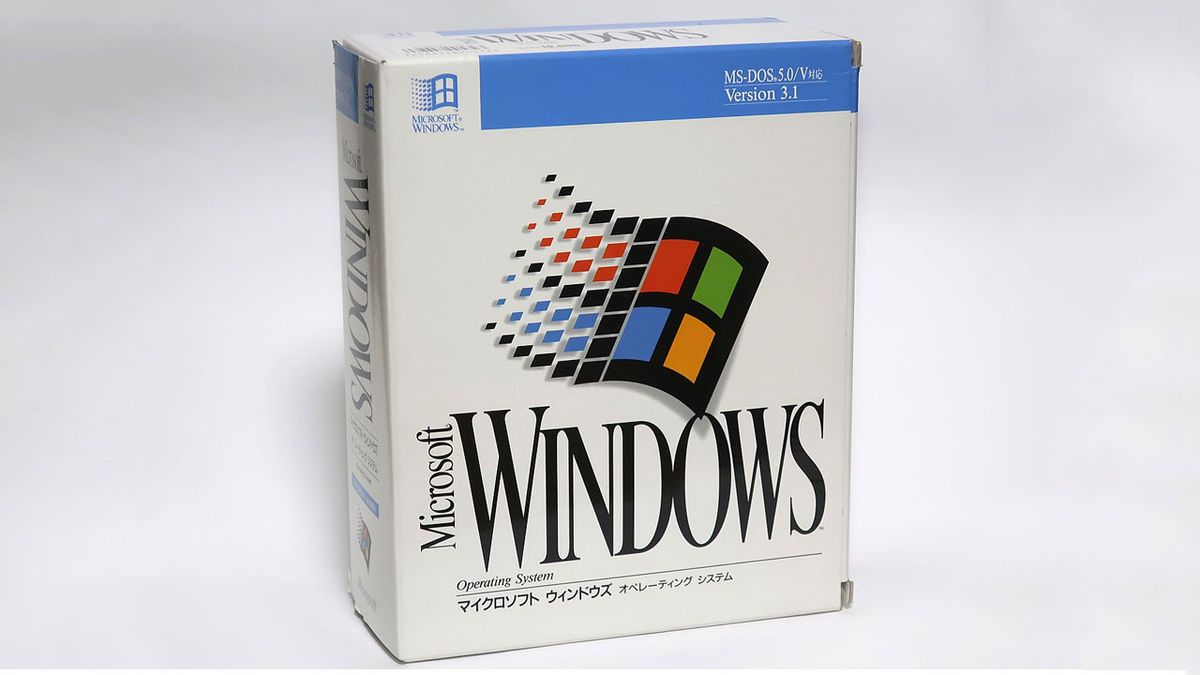Windows 3.1, launched in 1992, is likely not getting any updates. So, when CrowdStrike pushed the faulty update to all its customers, Southwest wasn’t affected (because it didn’t receive an update to begin with).
Aside from Windows 3.1, Southwest also uses Windows 95 for its staff scheduling system.
One X user suggested that the company switch to Windows XP—it’s also no longer updated, and it can run Windows 3.1 applications via compatibility mode.



Once upon a time I couldn’t understand why companies and governments still used ancient computer systems running DOS, Win3.1, or 9x, or computers like C64s. “Upgrade! Your new systems will be far more powerful and efficient; and that means they’re better!” -teenage me at some point, probably.
However, as I’ve gotten older I’ve realized that it’s because “if it ain’t broke, don’t fix it”. While Southwest may spend more money than necessary on maintenance due to the ancient systems needing now-specialized skills, those systems are also time-proven to be as functional and dependable as they need them to be. Ironically, they might actually be more secure than most modern systems due to a combination of decades of specialized security/stability patches they’ve probably had and simple security-through-obsolescence.
Edit: misremembered the phrase, “if it ain’t broke, don’t fix it”.
It becomes an issue when hardware is involved. I’ve seen industrial machines with 386 based touchscreens. Things as simple as a PS2 keyboard start getting hard to find and downtime costs a lot.
Are there PS2 to USB dongles?
They exist, but they might not work with all hardware and keyboards. The problem with the industrial space is that nobody really thinks to keep something around like that just in case. Something stops working and then it’s a scramble to get it back up and running again.
You just helped me realize all the people that make a big deal out of getting monthly “security” updates for their phones are probably just dumb teenagers!
I hate mandatory updates with a fiery passion
They were talking about major and feature updates. Security updates are actually pretty important.
Fair enough. I still wish I could just accept the risk and click a button that forfeits my use of Microsoft support or something
To be fair to the kids, they are an entire generation indoctrinated with the religion of mobile devices being replaced annually and constant updates to everything to keep that dopamine hit as high as possible. They’ve been manipulated by big tech for profit.
So they spend more on maintenance, but the system is also dependable? That seems contradictory.
Not really. A machine that only breaks down every 10 years but is expensive to repair could be considered dependable and expensive to maintain. Similarly, a machine that has expensive parts which rarely fail within their expected lifespan could be considered dependable and expensive to maintain.
Edit: you’re also ignoring the cost of finding and hiring people who know how to maintain the systems. The systems themselves could be dependable, but the skills required to maintain them are expensive.